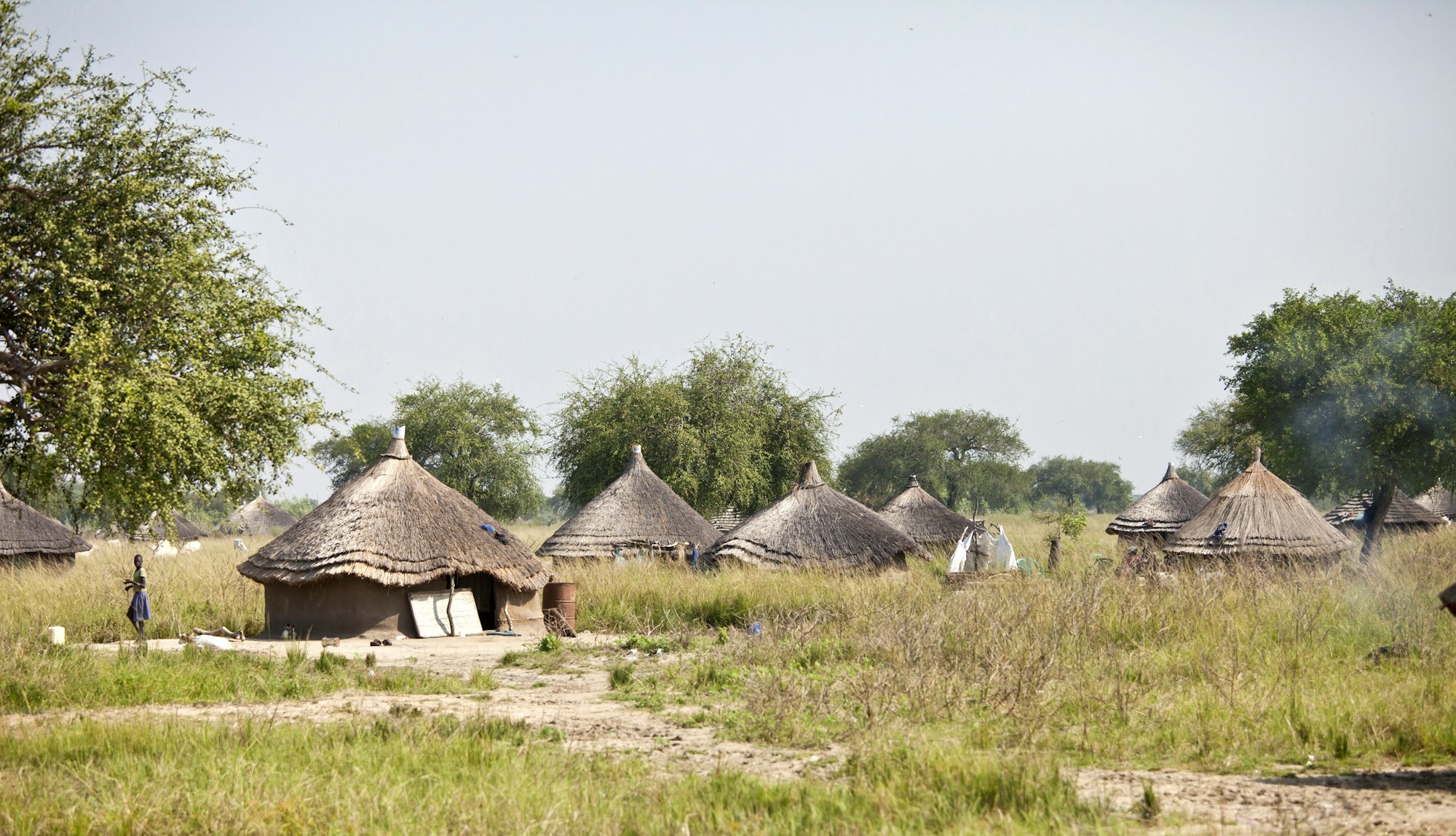Traditional knowledge in Zambia offers valuable insights for modern conservation efforts. Rooted in a deep understanding of nature, this wisdom complements scientific approaches, creating a holistic strategy for protecting the environment. Indigenous practices, such as crop rotation and wildlife tracking, are now being integrated into conservation plans.
Integrating Traditional Knowledge in Wildlife Management
Local communities have a deep understanding of wildlife behavior and habitat needs. This knowledge, passed down through generations, is vital for effective conservation. By incorporating traditional practices into wildlife management, conservationists can develop culturally relevant strategies that resonate with local populations.
Sustainable Resource Management and Climate Adaptation
Traditional resource management practices in Zambia emphasize sustainability and respect for nature. These practices, such as seasonal hunting restrictions and rainwater harvesting, are essential for maintaining ecological balance. Integrating traditional knowledge into climate adaptation efforts helps communities build resilience while preserving cultural heritage.
